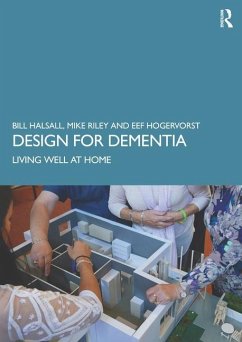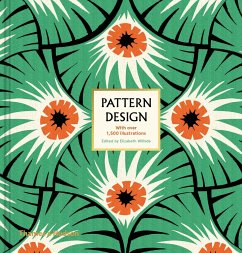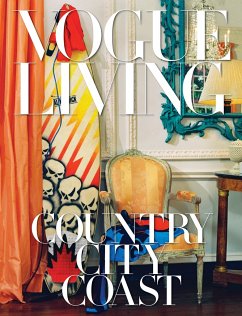
Design for Dementia, Mental Health and Wellbeing
Co-Design, Interventions and Policy
Herausgeber: Niedderer, Kristina; Dening, Tom; Ludden, Geke
Versandkostenfrei!
Versandfertig in 1-2 Wochen
49,99 €
inkl. MwSt.
Weitere Ausgaben:

PAYBACK Punkte
25 °P sammeln!
This edited volume reflects on how design can contribute to peopleâ s wellbeing and mental health in the context of dementia, mental illness and neurodiversity. It is an important resource for designers, researchers, students, policy providers and health and care professionals.














